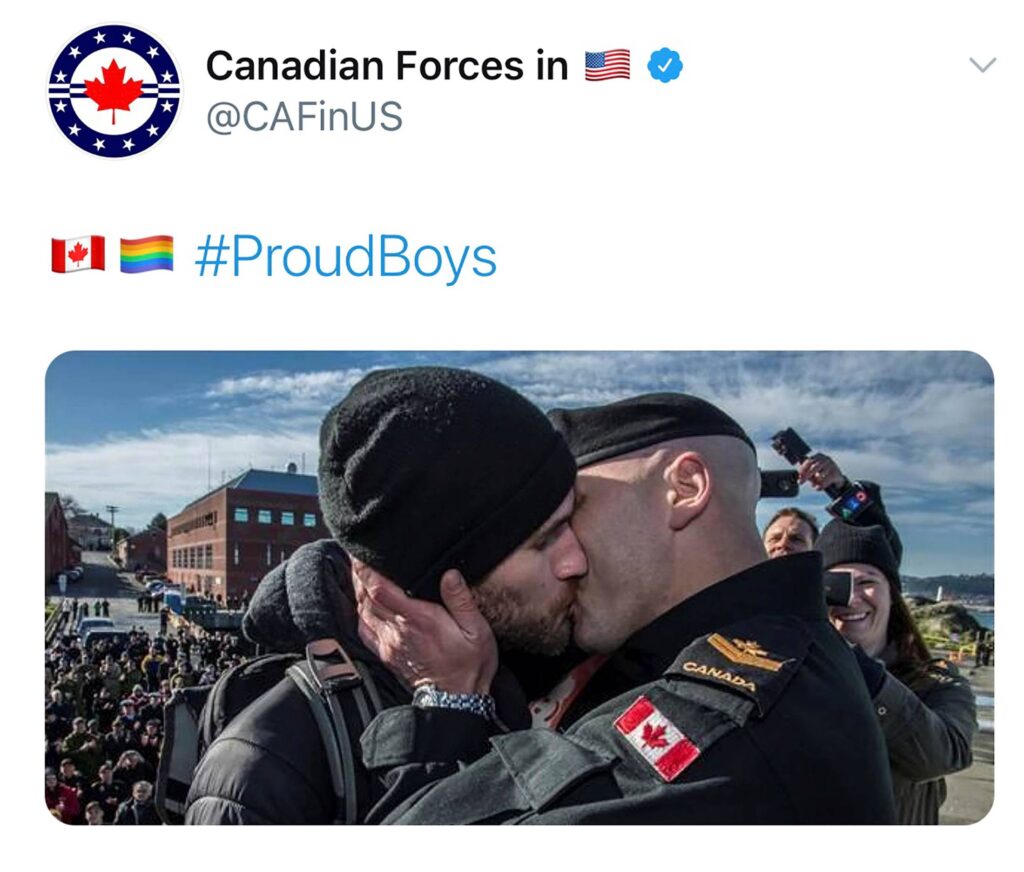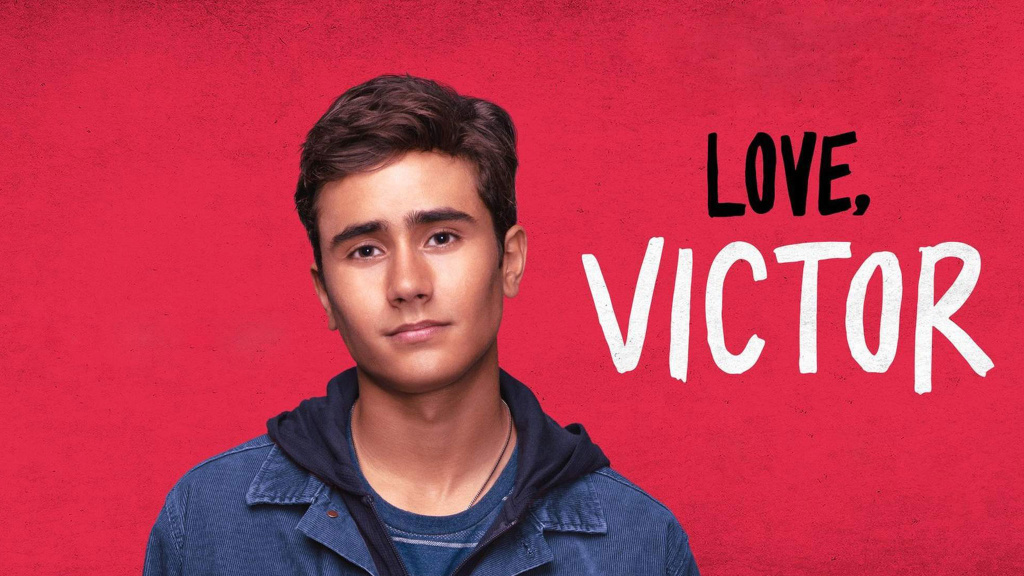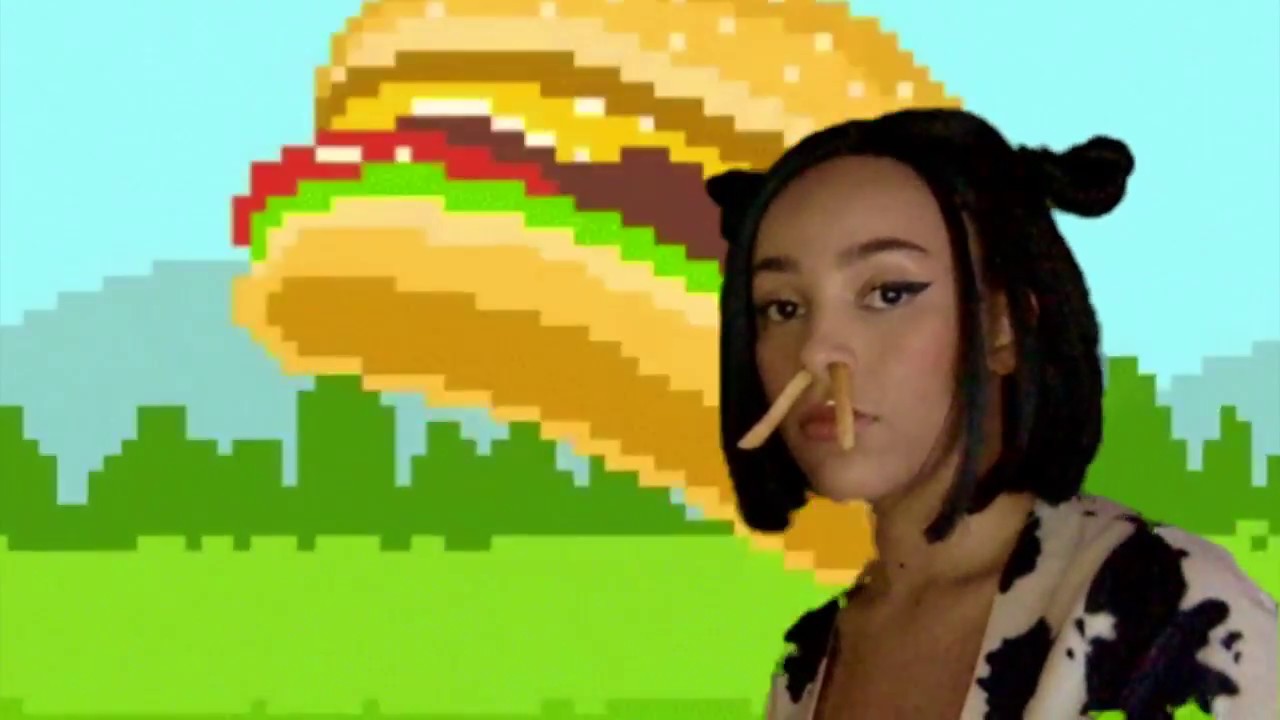This weekend, the Proud Boys, a male-only neo-fascist organization, became the number one trending topic on Twitter. While the white supremacist group received widespread attention after President Trump refused to denounce them during the first presidential debate, their most recent rise to the limelight came after gay men unironically attempted to appropriate the group’s name in the name of love and acceptance.
The onslaught began with a Tweet from the openly gay actor George Takei to his 3 million followers last Thursday.
“What if gay guys took pictures of themselves making out with each other or doing very gay things, then tagged themselves with #ProudBoys,” he wrote, in an apparent nod to the concept of gay pride. “I bet it would mess them up real bad.”
But according to the Proud Boys’ chairman, Enrique Tarrio, it didn’t.
I wonder if the BTS and TikTok kids can help LGBTs with this. What if gay guys took pictures of themselves making out with each other or doing very gay things, then tagged themselves with #ProudBoys. I bet it would mess them up real bad. #ReclaimingMyShine
— George Takei (@GeorgeTakei) October 1, 2020
️ #ProudBoys pic.twitter.com/rEFL7xIqXu
— Canadian Forces in (@CAFinUS) October 4, 2020
#ProudBoys pic.twitter.com/vSc1w3HlPm
— Andy Cohen (@Andy) October 4, 2020
After more than 88,000 tweets that featured cis gay men “doing very gay things” (like kissing each other or joining Canada’s armed forces), Tarrio told CNN he thought that the project was hysterical.
“This isn’t something that’s offensive to us,” he clarified. “We aren’t homophobic.”
Many cited individual Proud Boys’ homophobic rhetoric on Parler, a conservative social media platform, as evidence that the group was, indeed, anti-gay. But while Tarrio’s statement could well have been an attempt to troll the LGBTQ community, it is worth asking why a community notably plagued with racism of its own would so readily try to appropriate a white supremacist label.
This is SO tone deaf and problematic. There is nothing cutesy about using a white supremacist name to mean something else. Would it be cute for someone to use hashtag nazi & say, “oh we are taking it over to mean, killing the game”? White privilege always before sexuality.
— Semi-feral (@Blkhealedwhole) October 4, 2020
I actually find this very problematic. Gay couples using the hashtag #ProudBoys and mainly white gay men. You know they are white supremacists and racists within the gay community…?! But y’all not ready to have that conversation yet… ♂️ ♂️ https://t.co/QoPFn5GfSO
— badboykundo ✌ (@mrlikeag6) October 5, 2020
The hashtag takeover, in my opinion, was a failure because it ran on two erroneous assumptions: that a white supremacist group was by default homophobic and that gay men simply could not be white supremacists.
A recent GLAAD study found 17 percent of registered LGBTQ members are planning to vote for Trump in November, a reminder of how many members of the community have no problem voting for a man who refused to denounce a white supremacist group on national television.
White supremacy continues to thrive within queer circles because of the belief that our queerness somehow exempts us from exhibiting prejudice. As the #ProudBoys posts of predominantly white cis gay couples proclaiming their pride continued to gain support, perhaps it would have been more useful to analyze which aspects of our community we shouldn’t be proud of.
How many of the white gays “reclaiming” the #proudboys tag you wanna guess have “no Blacks” in their grindr profile
— Fiona Applebum says block Shaun King! (@WrittenByHanna) October 4, 2020
Earlier this year, a study by the American Psychological Association found a link between gay and bisexual men’s disproportionately high mental health problems and the social pressure that came from within the queer community, particularly in social media apps. Even after Grindr removed its racial filters earlier this year, the dating app continues to be notorious for its racism, transphobia and ableism. Twitter is no different; likes, retweets and follows continue to be reserved for the community’s whitest, most able-bodied and masculine individuals.
Beyond failing to upset neo-fascists, the takeover of #ProudBoys highlighted the racial tone-deafness within the gay community and served as a reminder of ongoing culture of white supremacy within the LGBTQ community. Despite its good intentions, perhaps a true portrayal of Pride would have considered how the community’s marginalized members would react, and how we can continue to do better.






